Author Selena Barlett discusses how a better understanding of brain science can help us to identify destructive patterns and forge new paths toward health and happiness.
Read more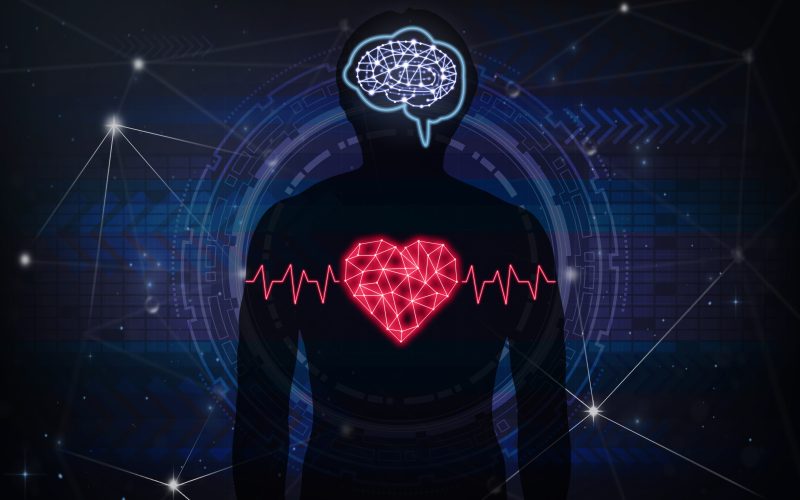


Author Selena Barlett discusses how a better understanding of brain science can help us to identify destructive patterns and forge new paths toward health and happiness.
Read more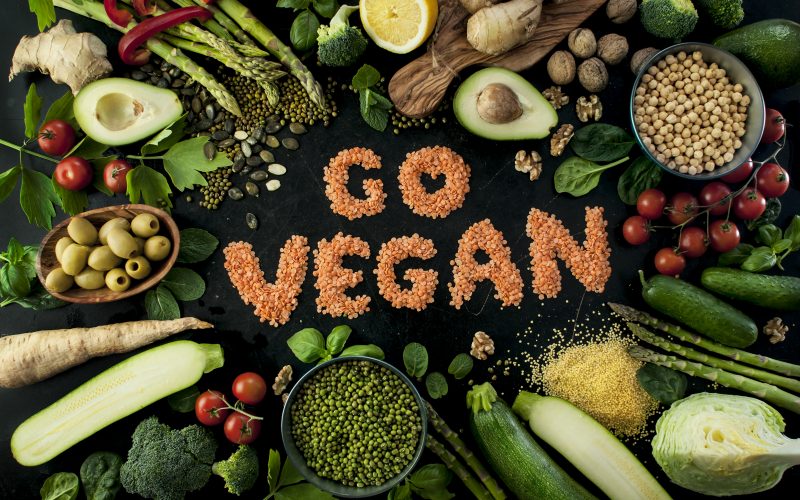
Roanne van Voorst is a futures-anthropologist, and she joins us to discuss her vision for a world not reliant on meat for food or clothing.
Read more
Amanda Mull from The Atlantic talks about the people who want to get fit but not in extreme ways, the trainers who advocate for physical activity without pushing limits, and why they are often left behind.
Read more
Theresa Brown, an author and registered nurse, discusses her frustrations while being on the other side of treatments and her worries that speaking up would alienate the very doctors trying to save her.
Read more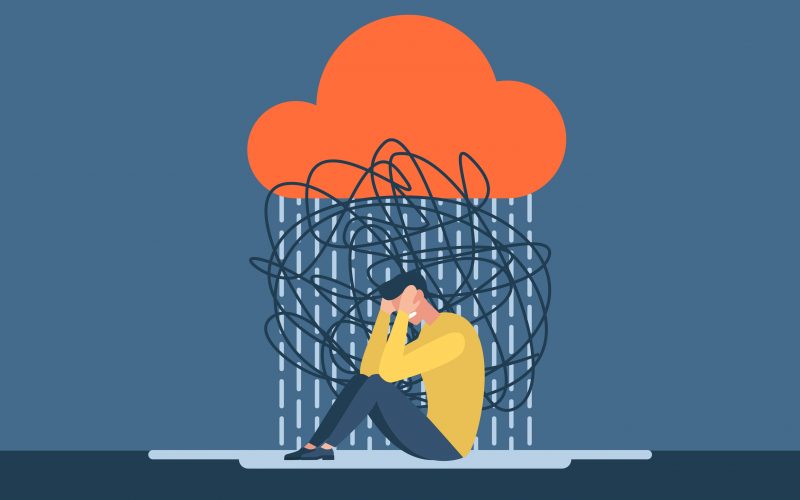
psychotherapist Nancy Colier explains how excessive thinking to the point of stress is an addiction and offers tips on how practices like mindfulness can calm an overactive mind.
Read more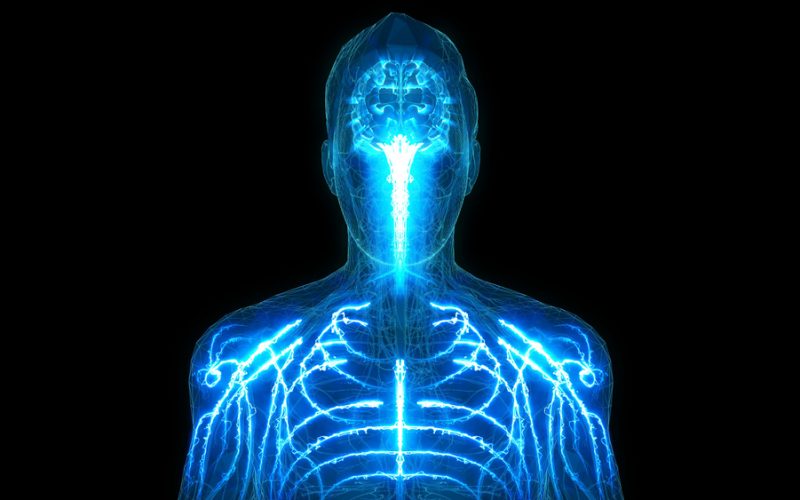
Daniel M. Davis is professor of immunology at the University of Manchester, and he joins us to talk about cutting-edge research that will help doctors fine-tune our health care.
Read more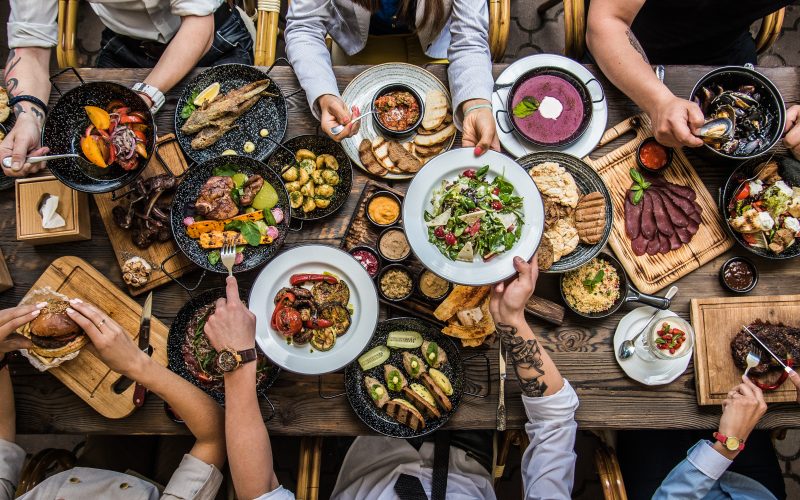
Mark Schatzker of the Canadian Broadcast Corporation joins us to discuss his journey into food production and eating habits around the world to discover secrets of health and happiness.
Read more
Politico senior food and agriculture reporter Helena Bottemiller Evich joins us to discuss the lack of political will in America to confront diseases related to diet, and why that’s hindering the pandemic response.
Read more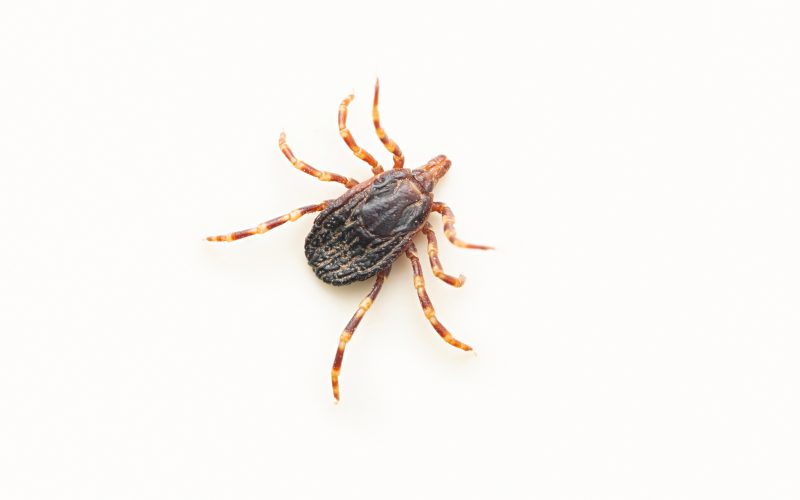
New York Times columnist Ross Douthat joins us to talk about living with Lyme Disease, the pain and isolation he’s felt, and his new understanding of why some patients seek solace in conspiracies.
Read more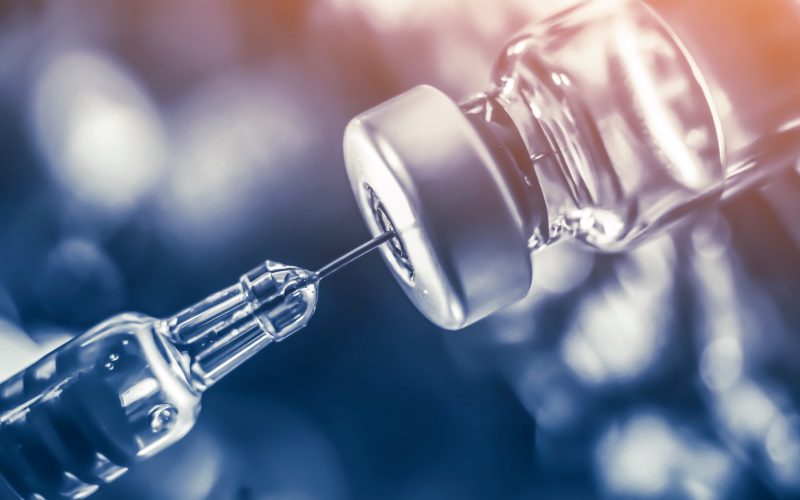
Wake Forest philosophy professor Adrian Bardon joins us to discuss why distrust of science is part of cultural identity, and why that’s a problem for furthering the goals of public health.
Read more
Casey Gueren, former executive editor and health director at Self magazine, joins us to talk about separating medical fact from fiction – and about how to choose a healthy lifestyle.
Read more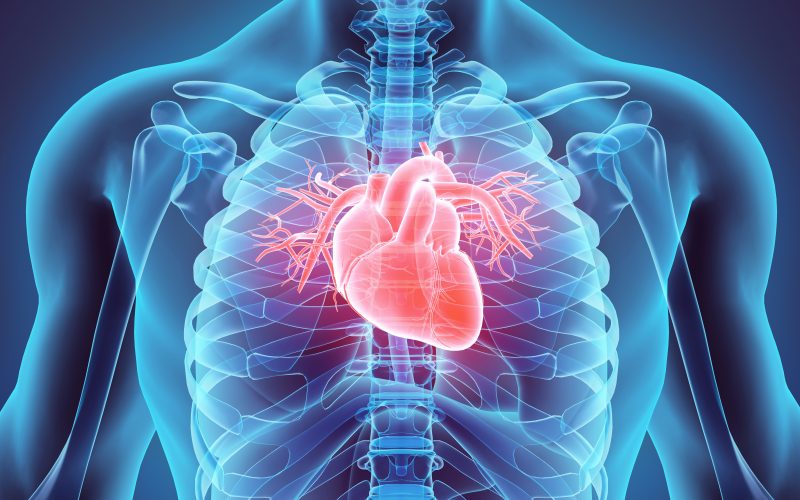
Bill Schutt of the American Museum of Natural History joins us for a fascinating look at what scientists are learning about how the hearts of creatures big and small function very differently than the human heart.
Read more